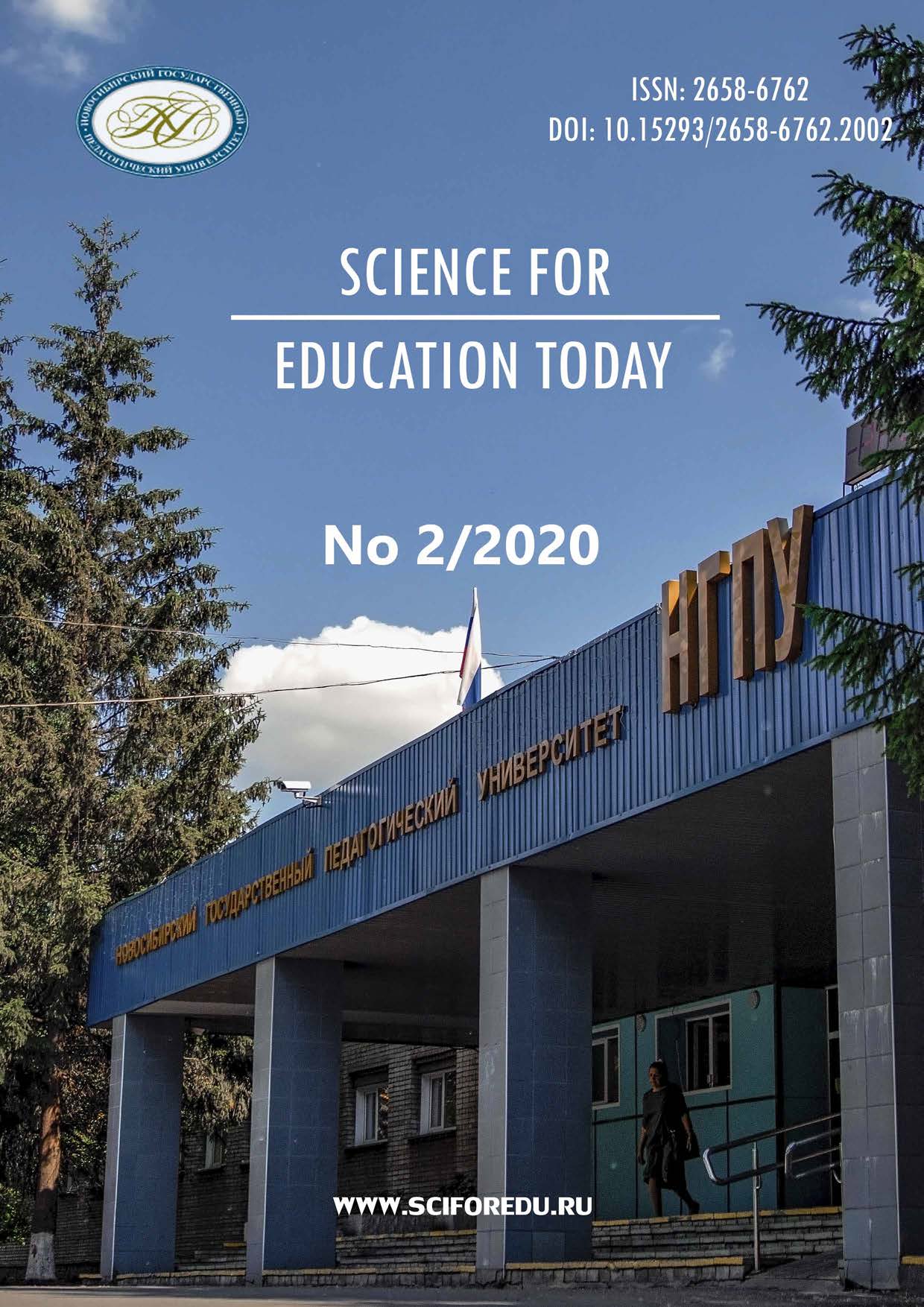Иерархическая модель формирования креативно компетентных и интеллектуально развитых коллективов кадров
Hierarchical model of building creatively competent and intellectually developed teams of personnel
Author(s): Akryam Zhafyarovich ZhafyarovSubject(s): Sociology of the arts, business, education, Sociology of Politics
Published by: Новосибирский государственный педагогический университет
Keywords: Competence approach; Competency; Competence; Hierarchical mathematical model; Mathematical statistics; Criterion; Creatively competent; Intellectually developed personnel; K. Goedel's theorem;
Summary/Abstract: The article is devoted to the problem of building special teams of personnel for industry and management activities of an economic cell (a firm, industry, association of industries or the country as a whole) that can successfully implement strategic plans for its development. The purpose of the research is to propose a hierarchical model which contributes to building the specified teams of personnel. Materials and Methods. The methodology for solving this problem is based on the integration of the competence approach and the criterion of mathematical statistics. Results. A two-stage hierarchical model M=(M1, M2) has been constructed. The first stage is aimed at building creative-competent collectives from the creative-competent professionals (model M1). The goal of the second stage (model M2) is to identify an intellectually developed team of personnel capable of improving the efficiency of both production and management activities of the economic cell. The model of training creative and competent specialists for the main activities (competencies) of the economic cell was described in the author's earlier article [18]. Conclusions. The proposed model will contribute to providing the economic cell with creatively competent and intellectually developed personnel who have the ability to successfully implement strategic development plans. In addition, the author has studied a wide range of so-called conflict problems, which have not been investigated in the scholarly literature, but play a significant role in activities of the economic cell and ensure the completeness of the research. The author considers the causes and methods of solving such problems.
Journal: Science for Education Today
- Issue Year: 10/2020
- Issue No: 2
- Page Range: 138-149
- Page Count: 12
- Language: Russian

